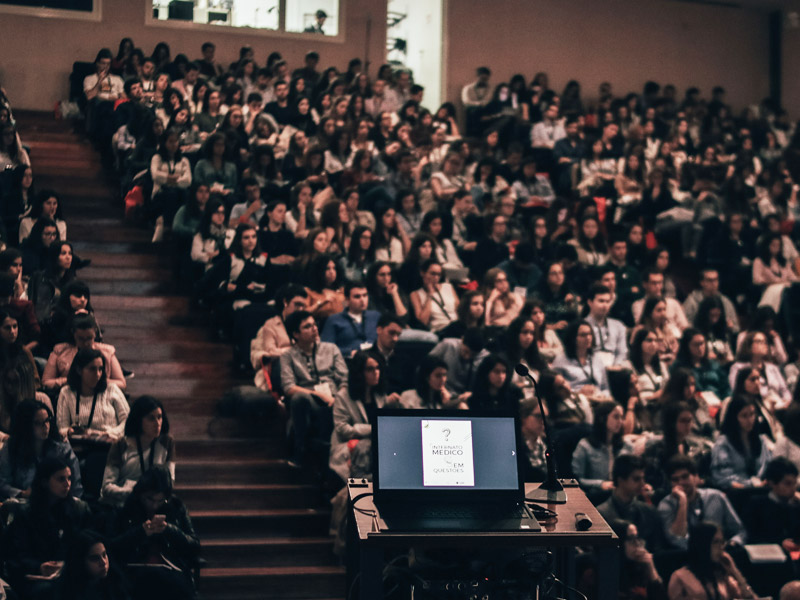The LIFE Center: Learning in Informal and Formal Environments
 We proposed to establish a Center that provides strong national leadership to develop an integrative and transformative science of learning that has powerful applications for education, training, and other issues of societal importance. Given the exceptional complexity of learning phenomena and the disparate levels of analysis that can be used to study learning, we argued that such a transformation will not occur by proceeding with “research as usual.” We assembled an outstanding research team, advisory boards, and management plan that allowed us to bring together research traditions that have tended to work separately rather than collaboratively.
We proposed to establish a Center that provides strong national leadership to develop an integrative and transformative science of learning that has powerful applications for education, training, and other issues of societal importance. Given the exceptional complexity of learning phenomena and the disparate levels of analysis that can be used to study learning, we argued that such a transformation will not occur by proceeding with “research as usual.” We assembled an outstanding research team, advisory boards, and management plan that allowed us to bring together research traditions that have tended to work separately rather than collaboratively.
Our plan for moving these traditions beyond common practice included ways to encourage productive “conceptual collisions” among them by deliberately juxtaposing their prevailing assumptions, theories, and methodologies. The conceptual collisions were designed to spark efforts toward synthesis which would lead to new levels of understanding that help unlock the mysteries of successful learning.
Our expertise spans neurobiological, psychological, and social/cultural approaches, as well as pioneering work in augmenting human learning through technology innovations including visualization, simulations, collaboration and new media tools. Guided by our strategic management plan, world-class board of advisors, and innovative evaluative activities, we coordinated work across these areas – both through research that took place within our Center and by means of focused knowledge-building activities and partnerships with the field.
Within 10 years, our vision is to have played a catalytic role in establishing a transformed “sciences of learning” that combines bio-, psycho-, and socio-cultural theories and methodologies with studies of media and technology to provide a solid foundation for advancing processes of learning and development in ways responsive to the changing demands of work and life.
Primary Investigator: Roy Pea (Stanford Graduate School of Education)
Sponsored by: NSF / University of Washington
Dates: 10/01/04 – 01/31/16


